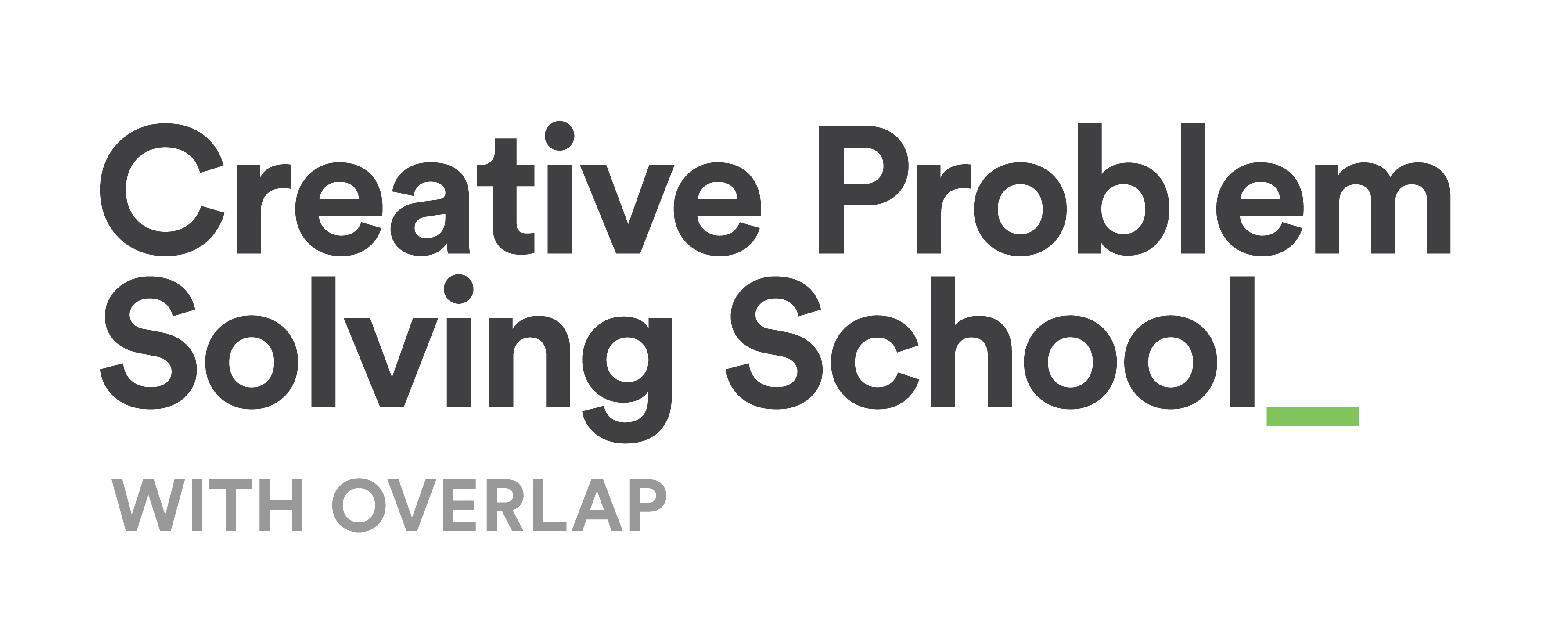About the course
The design process is messy, yet it’s important that we feel comfortable in the ambiguity inherent in an iterative process like Human-Centred Design (HCD). As someone leading projects, teams of people, or even creating space for HCD within your organization, you not only have to recognize your own development but the development of others. You will need to anticipate common reactions and roadblocks to the process in order to create momentum.
In this course, you will bring to life the core mindsets (competencies) that are the foundation for the HCD process. With that knowledge in hand, we will review different models for how you can make change happen and how you can shift your organizational culture to be more human-centred.
Modules
Discovering the HCD competencies
Learn about diversity, problem framing, and other key competencies, and how you and your team can benefit from them. Review models for change that can be used to transform traditional processes and structures into design-led organizations.
Designing change
Take the time and space to develop a plan for leading change at your organization. Evaluate yourself, and your team, across the six competency areas to understand which strengths you should leverage and which areas need focus.
Learning Outcomes
This course will support you, your team and your organization on the journey to becoming human-centred. You’ll learn about the specific competencies that can make successful change happen, and how to make progress in each one.
What you will learn:
- HCD competencies: core mindsets developed through research and real-world application that form the foundation for the HCD process
- Models for change: create the conditions for successful, sustained culture change
- Evaluation and adaptation: tailor your approach based on the strengths and weaknesses of the current team
- Competency framework: develop, establish, and leverage a framework for HCD competencies.
- Leading change: planning iterative and incremental changes that lead to transformation
Leading Change Through Design
Creative Problem Solving: 304
(Live Online Cohort)
December 14 & 16, 2022
9am-12pm EST

